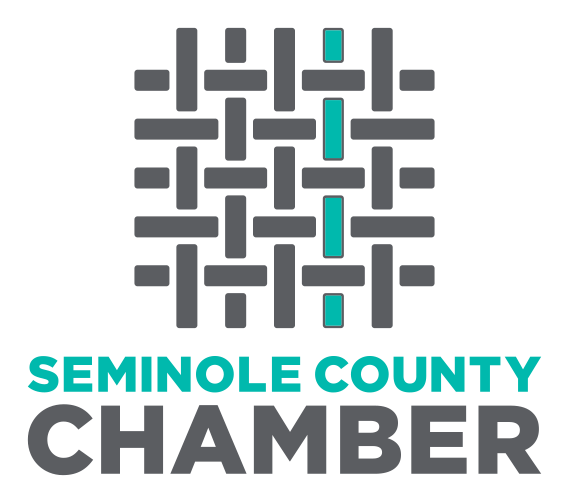Heading off to college is a milestone, but for many Florida families, it’s also a legal blind spot. Once your child turns 18, you’re no longer automatically authorized to step in during an emergency. From medical care to financial accounts to academic records, the law views your student as an adult.
This guide walks through the essential legal documents and practical life lessons every Florida student (and parent) should have in place before classes start. Think of it as a legal and mental checklist to help your student stay safe, supported, and independent.
What is a HIPAA Authorization Form and Why Do College Students Need It?
Once your child turns 18, HIPAA privacy laws mean doctors cannot share medical information with parents, even during emergencies. A HIPAA release doesn’t take away your student’s independence, but it allows them to designate someone (like a parent) to receive updates if something serious happens.
Without a signed HIPAA release, you may not be able to:
- Confirm whether your student is in the hospital
- Receive updates during surgery
- Speak with mental health providers about treatment
Example: Imagine your child is rushed to the ER after a sports accident. Unless they’ve signed a HIPAA release, doctors cannot legally tell you their condition.
Action step: Have your student sign a HIPAA Authorization Form before move-in day and provide copies to their primary doctor and campus health center. They can revoke or update this at any time.
What is a Medical Power of Attorney and When Should You Use It?
A Medical Power of Attorney (also called a Healthcare Surrogate Designation under Florida law) goes one step further than a HIPAA release. While HIPAA allows doctors to share information with you, a Medical POA allows your student to name someone they trust to make decisions if they cannot.
This document comes into play if your student is:
Read More
The Orlando Law Group
-
Jennifer Englert Founder and Managing Partner
- September 03, 2025
- (407) 512-4394
- Send Email



